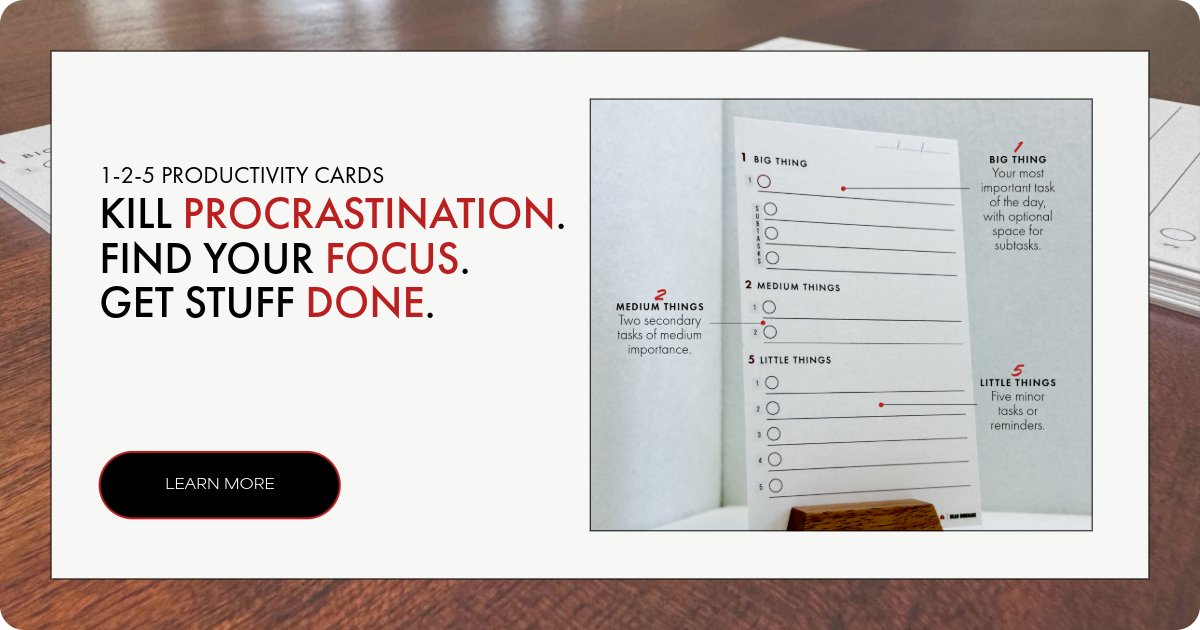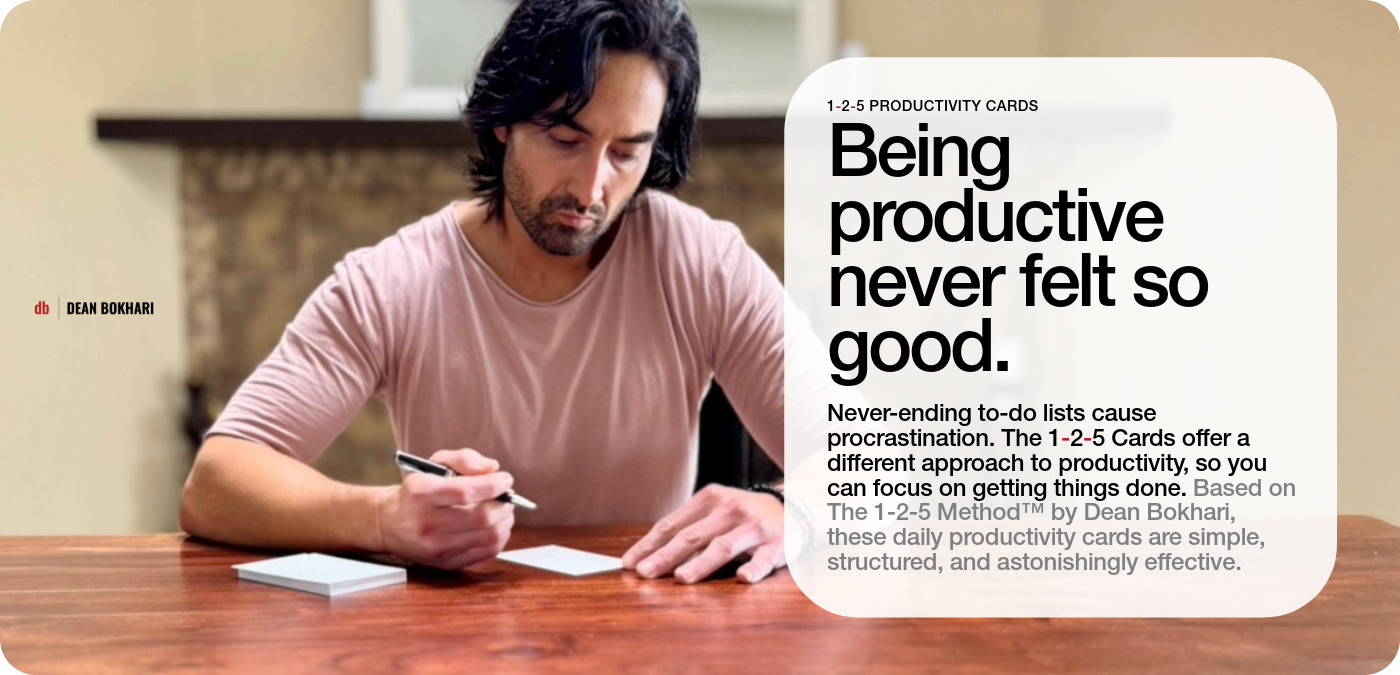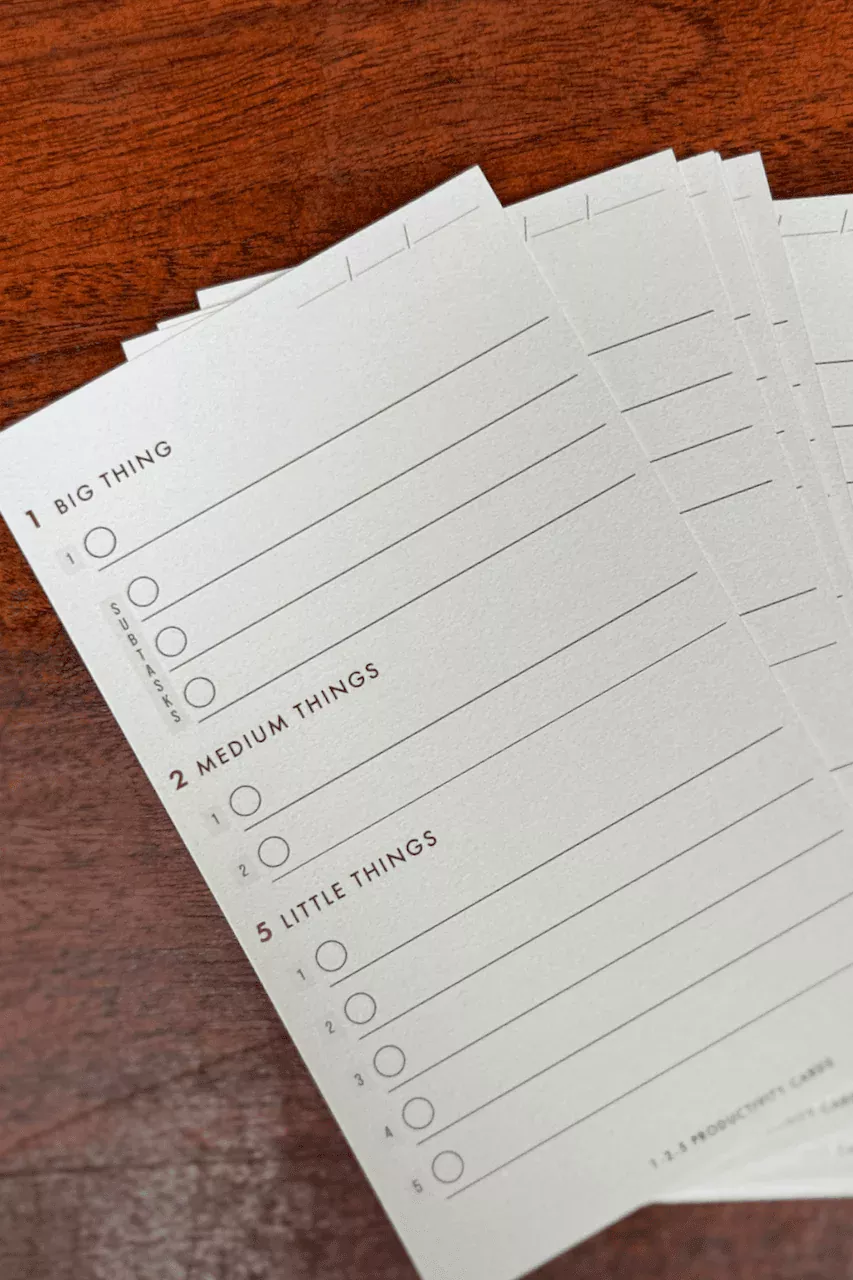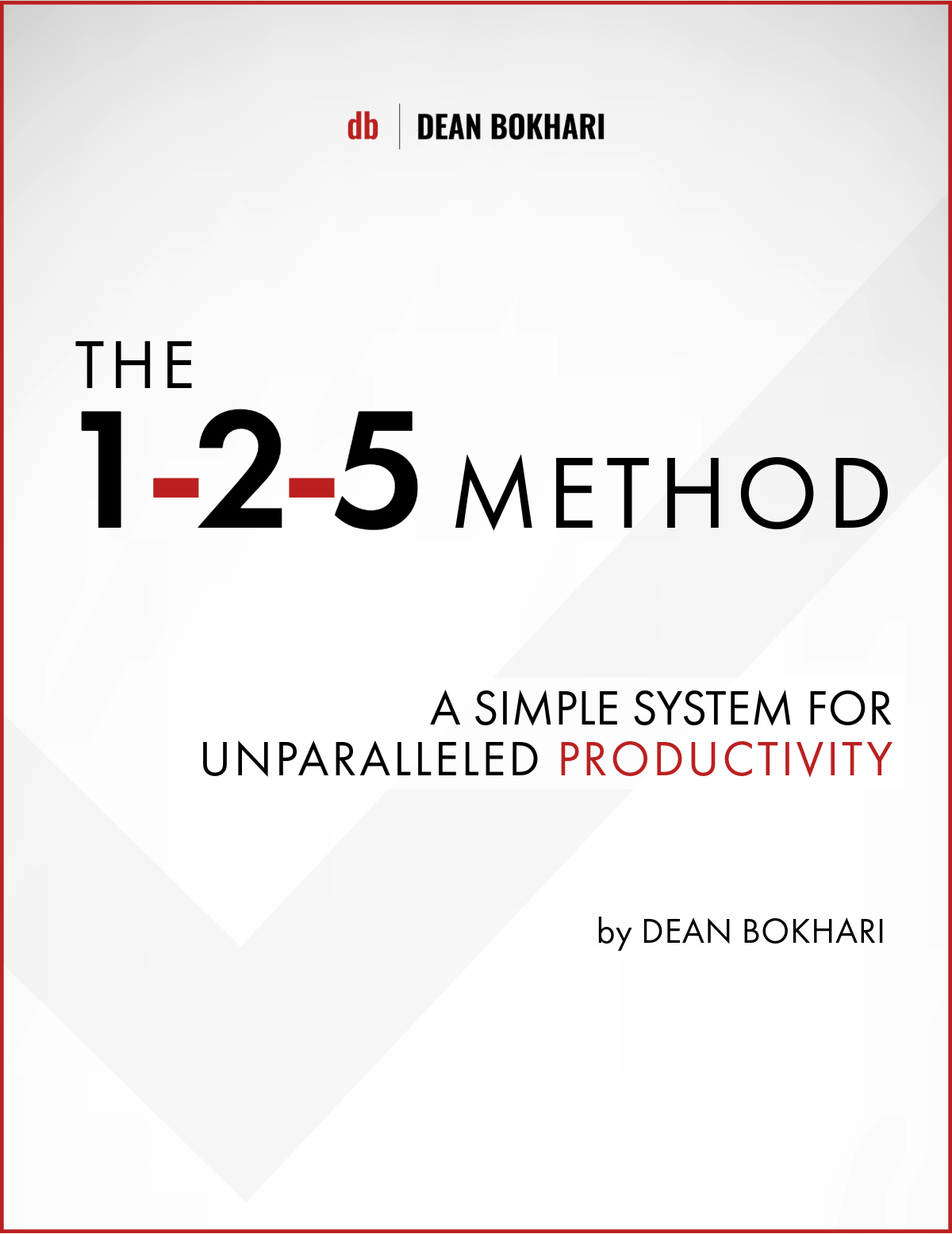How Replacing “Can’t” With “Don’t” May Help You Break Your Worst Habits
Contributed by Beth Rush
People have habits that they want to get rid of. Whether it’s stress eating, procrastination or neglecting self-care, it’s common for people to fall into these unhealthy patterns.
In your journey to self-improvement, you might have heard that replacing “can’t” with “don’t” can help break bad habits.
Discover what causes these unpleasant patterns, why it’s so hard to quit them and how the magic word “don’t” might be your best weapon against continuing them.
What Causes Bad
Habits?
Before diving deeper
into how to break bad habits, understanding how they form is essential. There
are many factors for taking up unhealthy actions, but the following are among
the most common.
- Stress: About one-fourth of Americans rate their stress level as eight or more on a 10-point scale. There are many ways people cope with stressful situations — with women being more likely to turn to food and men to smoking or alcohol.
- Boredom: Some people turn to unhealthy habits for entertainment when there’s nothing else to do. Alcoholism is a great example of this, too. Just take a look at these drunk driving statistics, and you’ll get an idea of how dangerous boredom and mixing self-control can be, especially when addiction is thrown into the mix.
- Learned behavior: When you see your family member, friend or role model engaging in a bad habit, you may feel compelled to imitate it. This feeling stems from the need to fit in and feel accepted. When people see peers, especially their leaders, engaging in unhealthy behaviors without censure, they will likely imitate them.
- No sense of purpose: When you don’t have a specific goal or structure, you might turn to bad habits to fill the void.
- Poor emotional regulation: People turn to unhealthy behavior to cope with negative emotions.
If you’re unaware of the underlying reason for your unpleasant habits, it can become a complicated pattern to break.
Why It’s Hard to Break
Bad Habits
You might have told yourself it’ll be the last time you impulsively shop. You may find it hard to give up your addiction to fast food. Regardless of your unhealthy practice, people struggle with the same problem — bad habits are hard to shake off.
These habits are routines, like driving to work or eating breakfast, making living life more manageable. When you try to break it, the limbic system in the brain activates the fight-flight-or-freeze responses, and your initial reaction is to avoid this threat. You may immediately revisit old habits, even though they don’t benefit you.
How to Replace “Can't” With “Don't”
Now that you’re ready to break your worst habits, knowing why you want to change is essential. Whether it’s a personal reason, such as wanting to be healthier for your future family or being more fit, having a motivation to refer to during struggles is essential.
However, you might need more than motivation to keep you grounded. Despite your best intentions, you might find yourself dancing with those familiar habits again somewhere along the way. When faced with a temptation, replacing “can’t” with “don’t” is a powerful strategy to help you stay grounded, and one that is often used in rehab too.
Imagine this: You’re ready to face the day without drinking soda. Instead of saying, “I can’t drink soda today” when your workmate offers you your favorite root beer, say, “I don’t drink soda.” While these words seem synonymous, they are worlds apart.
The words “to do” means to execute an action. Therefore, when you say, “I don’t bite my nails,” even if you’re a notorious nail-bitter, you’re consciously choosing not to perform the action anymore.
Check out the benefits of making this small yet powerful change.
It Empowers Others
When you say you no longer drink soda, you inspire people around you to do the same and support your journey. They will admire your self-control and self-discipline. Speaking up about what you’re going through is an effective way to spark change with your loved ones.
It Reframes Your Mindset
The word “don’t” can
reshape your belief in yourself. Replacing self-limiting sentences like “I
can’t drink soda” with an empowering alternative such as “I don’t drink soda
anymore” can alter your mindset and give you control over your thoughts and
actions.
It Motivates You to Track Your Progress
This short switching of words can contribute to a motivated mindset, facilitating tracking your progress. Aside from “don’t,” you can also sprinkle in some descriptive words to help you more efficiently stop bad behavior in its tracks. Instead of saying, “I want to quit spending impulsively,” you can jot down, “I will track expenses and make informed spending decisions.”
How to Replace “Can't”
With “Don't”
Here are some ways you
can swap your “can’t” for “don’t” to break your worst habits:
Practice mindfulness: Try to become more attuned to your inner thoughts. When you catch yourself saying “I can’t,” pause and quickly rephrase it to “I don’t.” Taking a few breaths in this situation makes it easier to focus on your current state and keep anxiety at bay.
Be assertive: The word “don’t” implies you have a choice and control over your actions. On the other hand, “can’t” makes you feel that something is controlling you. In other words, saying “don’t” gives you more self-control and autonomy.
Celebrate small wins: Pat yourself on the back whenever you say you don’t engage in that unhealthy habit anymore.
Share your progress: Don’t hesitate to share your progress with a trusted family member, friend or professional. Someone who supports you in your journey will better motivate you to stay on track.
Finding Support in Your Journey to Change
Seeking support can play a crucial role in breaking bad habits and establishing healthier ones. For many, this support comes through programs like outpatient rehab programs that offer structure and guidance while allowing individuals to maintain their daily routines. Engaging in these supportive environments can reinforce positive changes and help you replace “can’t” with “don’t” in your vocabulary and mindset. For instance, attending regular therapy or support group sessions can provide the accountability and encouragement needed to stay on track. By surrounding yourself with a community that understands your struggles and celebrates your progress, you’re more likely to sustain the positive changes you’re striving to achieve.
Break Your Worst
Habits With the Power of “Don’t”
Breaking bad habits is
challenging but possible. It’s a long process requiring time and effort.
Remember to start your journey by replacing your “can’t” with “don’t” and revel
in the power it gives you.
by Beth Rush • Managing Editor at Body+Mind
✨ New Series: How to Become an Early Riser
- Discover key methods to make early rising a habit
- How to wake up early + energized every morning
- Morning routines for health + success
Free self-development courses
👇
Tap on any of the courses below to start learning how to:
- boost your productivity (with GTD),
- get focused (with Deep Work),
- or learn the art of influencing others (with the How to Win Friends & Influence People course.)
All for free.
👇
Free life guides
👇
Best-selling Self-development courses by Dean Bokhari
Kill procrastination.
|
Get stuff done.
|
Get motivated.
|
Connect with anyone.
|
freshly pressed:
Top Audiobooks narrated by Dean Bokhari on audible | |
Book summaries
- The Power of Habit by Charles Duhigg
- 12 Rules for Life by Jordan B. Peterson
- Presence by Amy Cuddy
- Leaders Eat Last by Simon Sinek
- The ONE Thing by Gary Keller, Jay Pasan
- Deep Work by Cal Newport





































